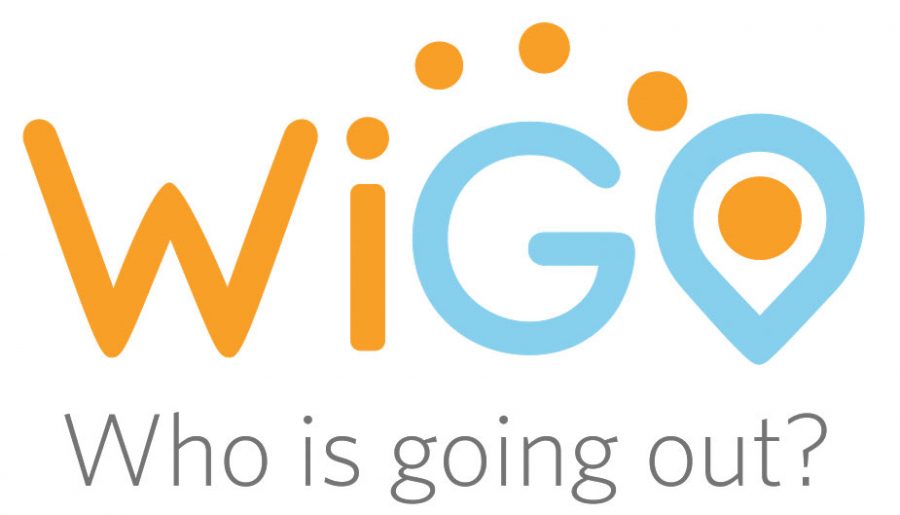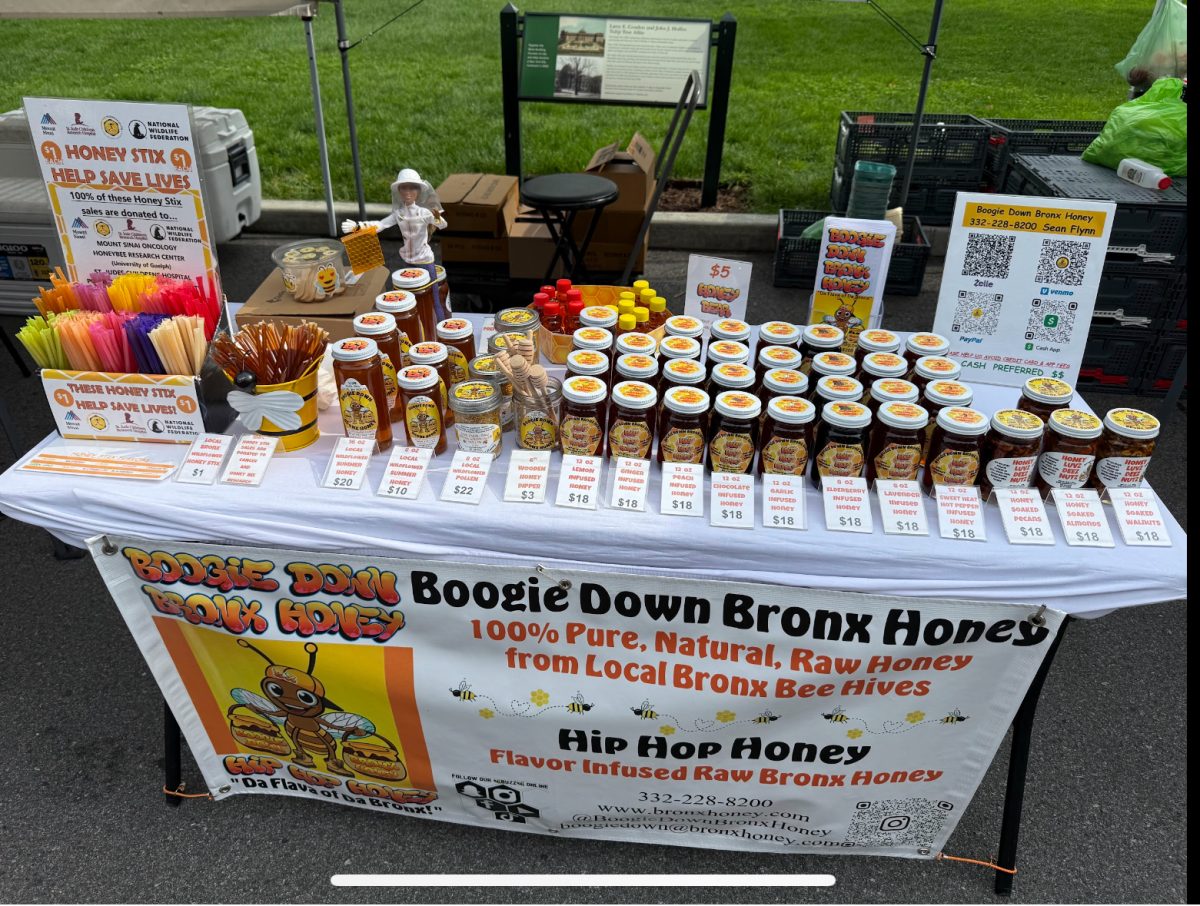By Nicole Horton
Who is Going Out (WiGo), an app that hit the market in September, is aimed at eliminating the guesswork for college students’ nightlife and weekend plans. Similar to Harvard-dropout Mark Zuckerberg, twenty-three-year-old Ben Kaplan dropped out of Holy Cross following his freshman year to pursue his entrepreneurial goals. He worked with programmers to launch the app at his school, and within three weeks, half the school was using it.
WiGo’s website explains its purpose and functions, stating: “With WiGo, you will always know who at your school is going out and where your friends are headed. Tap people you want to see out, or simply invite them to join you. WiGo resets every morning, so everything from the night before is wiped clean. Every day on WiGo is a new day.”
According to Business Insider, the app has only been widely available since September, but has been downloaded and requested on more than 1,200 campuses. It is in use at 73 schools and has more than 100,000 active users.
Andrew Nelson, FCRH ’18, is a campus ambassador for the app and will intern with the company over the summer. After hearing about the app from a friend on Facebook, he called WiGo and asked to be an ambassador. Kaplan called him back and talked to him about his own startup ideas.
“It was amazing to know that there was another college kid out there with big ideas who wanted to change something and succeed; it gave me a lot of confidence and hope,” Nelson told Business Insider.
Depending on the student population, hundreds to thousands of students must sign up on a waiting list in order for WiGo to “unlock” the app at their school. According to Nelson, 162 Fordham students have signed up so far, but about 500 students are needed to unlock the app.
“I think that WiGo will change the way we all interact, like technology has done for so many things,” said Nelson. “WiGo removes the need to send dozens of texts asking people if they are going out and where they are going.”
WiGo definitely has the potential to impact Fordham’s nightlife because, in addition to seeing where their friends are going, the app’s users will also know if a bar or party will be empty for most of the night before paying a cover to enter.
However, not any bar or party can be added to the list just because a few people mentioned it: there must be over 100 people attending. “What happens is that you register your party or it could be a bar on WiGo,” said Nelson. [The host of] the bar or party takes a picture of the people there and sends it to WiGo, and they pay you to use their app to host people.”
For those concerned about privacy in regards to their location, each WiGo user must have an “.edu” email address in order to be added to the school’s network of WiGo users. Additionally, students have the option to move to a private account, in which users must accept or decline anybody who wishes to follow them.
We may not be able to review this app until it is activated at Fordham, but it is undeniably a useful idea from a fellow college student that seems to be an intriguing new development in social networking.











































































































































































































